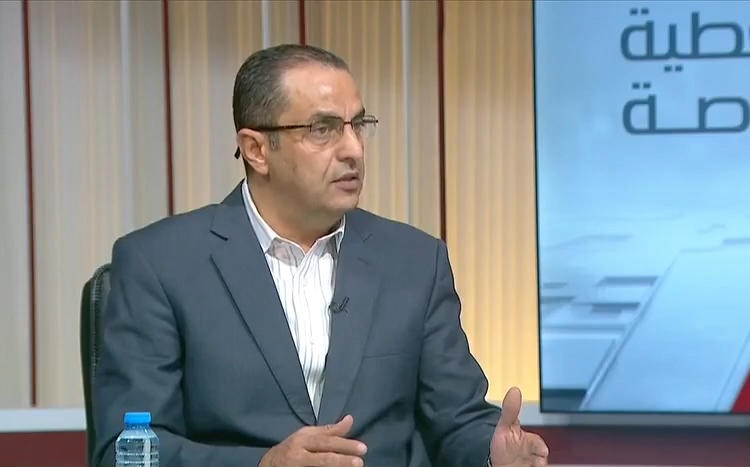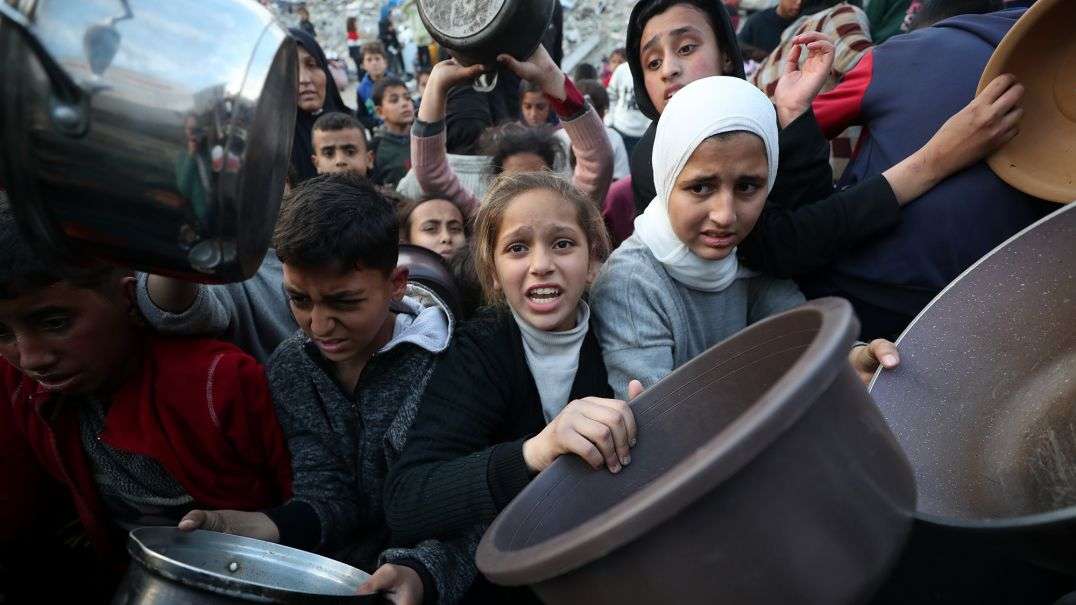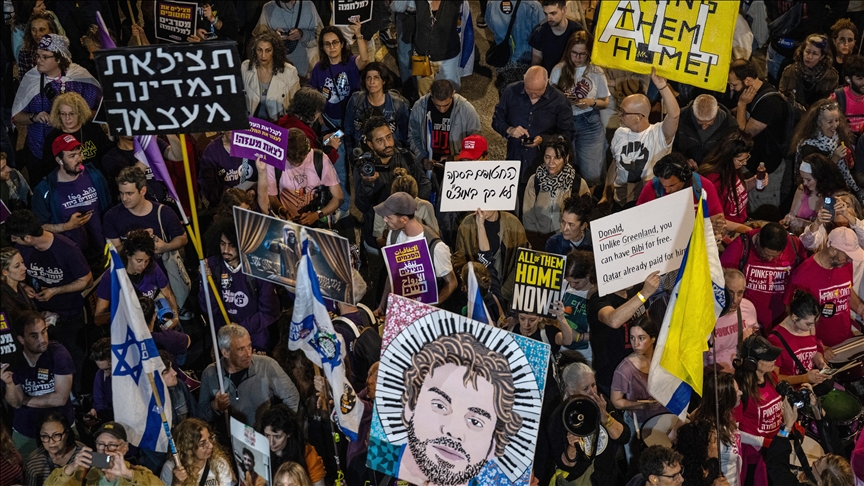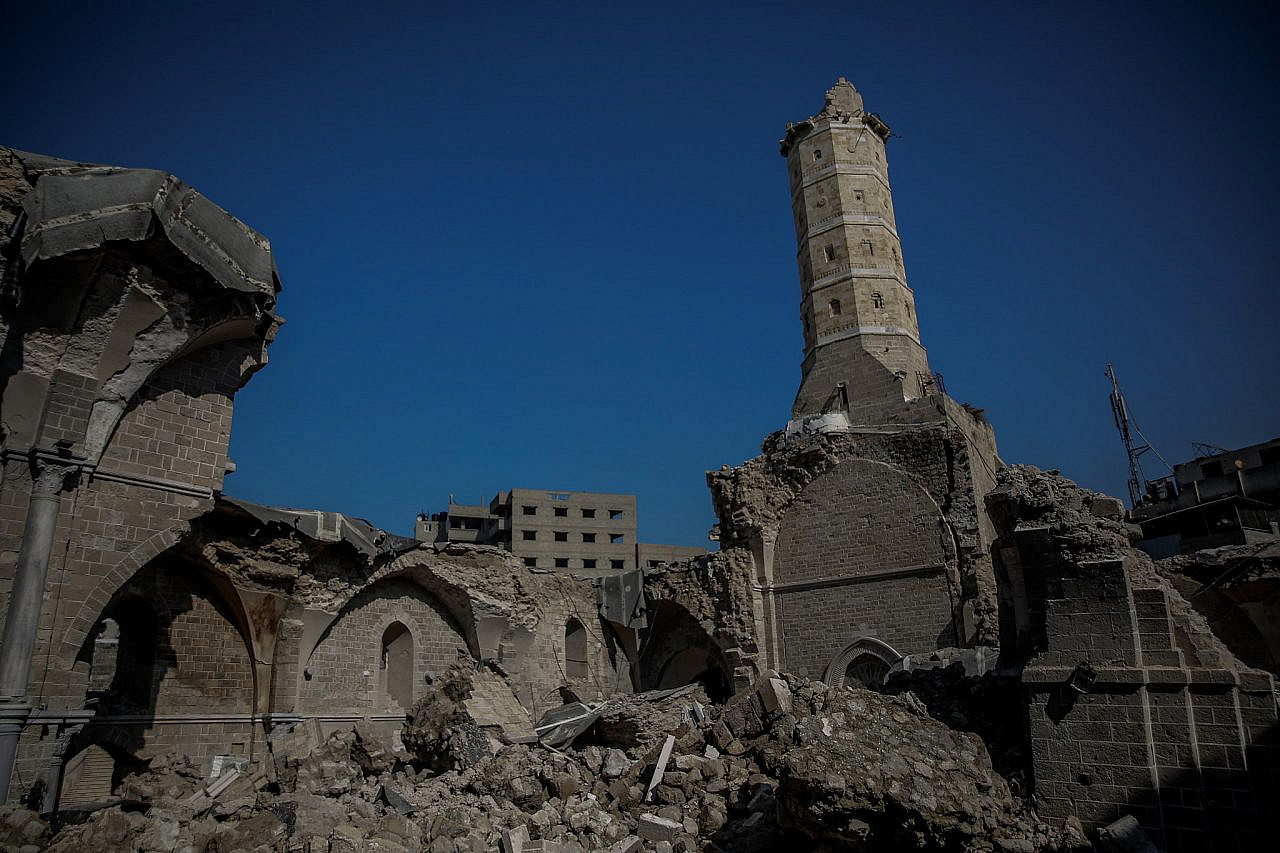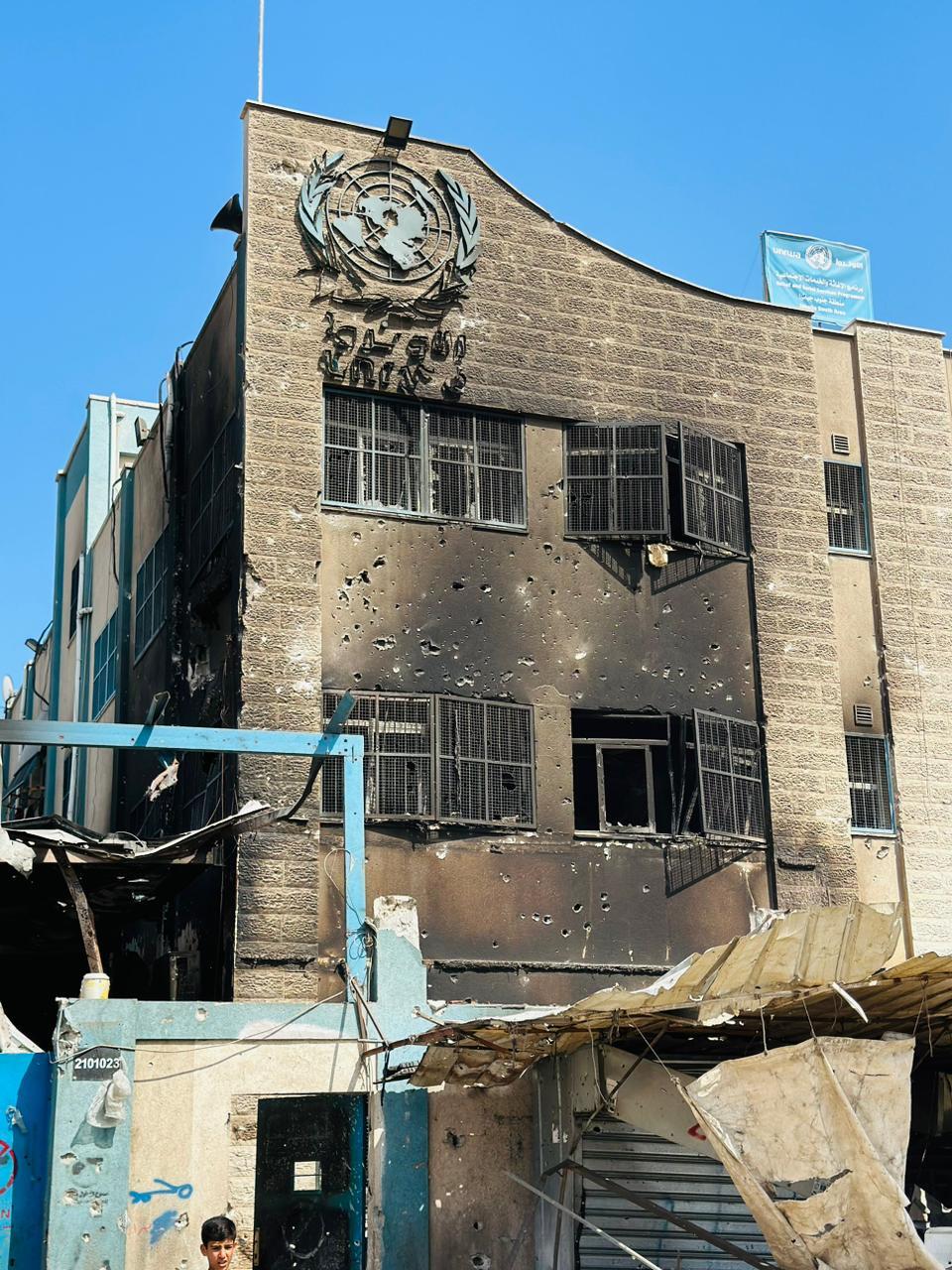
The Israeli army is in a state of shock and worry despite the carnage they meted out on Gaza in the past eight months. Soldiers and officers are fighting with their arsenals but they are not feeling well about the state of the army bogged down in the different areas of the devastated enclave and whose civilians and Palestinian fighters show no signs of submitting to the Israeli bombardment and slaughter.
The slaughter they carried out on Gaza, now standing at 36,000 killed and rising, not to mention the mutilated babies, children bombed to pieces and shown on TV and social media with pictures, may have created a series of “psycholgical” disturbances among Israeli soldiers.
Its being termed as the Israeli gaza genocide. In the killing of civilians, Israeli pilots and those in the control room directing drones to shoot, kill and bomb swaths of housing may be starting to disturb the Israeli psychology and psyche with mental trauma setting in.
Israel soldiers have been turned into rabid heathens in this ugly war, ready to do anything, kill, maim and shoot while they watch with the mind playing up no matter how much you hate your enemy!
And as a result, different manifestations are beginning to show in the army’s rank-and-file. Israeli officers no longer want to serve in the army, voters are confused with many no longer believing in Israeli politics. The soldiers, many of whom experiencing massive injuries, are becoming psychologically disturbed and turning to psychiatry and therapy.
‘No army for me’
Only 42 percent of polled military officers say they intend to continue to serve in the Israeli army once the war on Gaza is over. That effectively means over 60 percent of the soldiers want to quit once this war is over.
This was recently reported by the Israeli daily newspaper Yedioth Ahronoth based on the manpower directorate of the Israeli occupation forces.
Further, Israeli officers’ requests to take early retirement has doubled in the last eight months of this war that began soon after 7 October 2023. As the ferocity of this war continued, more and more officers have opted out for early retirement.
The 42 percent figure has disturbed and shocked the Israeli military leadership who stand aghast as to what to do about this statistic that plummeted from a similar poll taken in August 2023 which stood at 49 percent.
Many on social media reported the recent poll. One suggested “the officers are haunted by a feeling of failure and they do not want to serve in a failing apparatus.”
This feeling may be because the Israeli ground troops have been fighting in Gaza since 27 October with much manpower and material losses since with soldiers being killed and tanks and armory destroyed.
This is in addition to the thousands of injured including those with permanent disability. Israel’s Channel 12 revealed 20,000 were injured since 7 October. Of these 8,298 have been classified by the Israeli authorities as having permanent disability. Such figures are being prized out because the Israeli army follows a strict policy of censorship.
Meanwhile, and in another poll conducted by Yedioth Ahronoth and Reichmann University, it showed most Israelis believe, broadly speaking, Hamas has won the war so far. On a political perspective, 37 percent of rightwing Israeli voters believe the Islamist organization has won while 16 percent of Israelis believe Israel is winning. This is while 40 percent of those voters – the middle and left of politics – say Hamas won hands down compared to only 4 percent who believe Israel won in the war in Gaza.
The poll was carried out on 810 Israeli voters. Noticable also – and this is despite the fact that America has been the main supplier of weapons in this war – 63 percent of the Israelis polled believe the United States has become less safe to travel to. This may be because of the ongoing student protests across American universities who want the Israeli war on Gaza to stop.
Further to that, and in another poll 85 percent of Israeli voters expressed little or no faith in their government. This is a view almost daily articulated in the protests on Israeli streets, in Tel Aviv, Haifa and west Jerusalem which either call on the government to make a deal with Hamas to release the hostages – now down to around 125 – and/or for the government to resign.
Real figures on the number of Israeli soldiers killed in the war on Gaza are carefully messaged by the Israeli army and not at all in keeping with what is happening on the ground. The Israeli army states since the start of the ground operation on 27 October, 293 Israeli soldiers were killed and 3,657 were injured whilst the condition of 568 soldiers is described as critical, 957 moderately injured, and 2,132 with minor injuries.
This is far less than what is happening on the battlefields of Gaza where soldiers are being killed by the day. Military expert Major-General Fayez Al Dwairi said the announcements of Israeli spokesman Daniel Hagari have no relations to what is happening on the ground in Gaza. He added on Al Jazeera the number of Israeli soldiers that killed in Gaza stood last March and based on Hebrew calculations, was already at 16,000.
That figure has continued to increase as the Israeli army stepped up its aggression on Rafah, and now in north Gaza, in places like Jabalia, Biet Lahia, Biet Hanoon and Tal Al Zaatar and Al Zaitoun in Gaza City. More Israeli soldiers are killed daily, with forced acknowledgement by the Israeli army despite messaging the actual figures.
Israeli soldiers have not had it easy in Gaza despite their planes, guns, tanks and machine guns. The psychological impact of the war on individual soldiers have been devastating.
The number of soldiers who are in need of psychological treatment is in the thousands and going up all the time.
Its been reported that in just one case more than 1,890 soldiers were sent to the Natal Israel Trauma and Resiliency Center because of psychological traumas and many of those enlisted are seeking mental health treatment all the time.
But more shocking is the fact that it has been reported that a soldier with severe psychological problems, and who had been fighting in Gaza, went to the Israeli Ministry of Defense and threw a grenade outside its headquarters.
Yedioth Ahronoth stated that since the outbreak of the war more than 6,400 injured soldiers required treatment 21 percent of which reqired psychological therapy. Further to that, since 7 October, 2023 around 30,000 soldiers called up a mental health hotline.
The Gaza war is tough for everyone. Whilst the Palestinian genocide can’t be compared, Israeli soldiers are feeling the heat of death, permanent injury and psychological problems coupled with anguish and contradictions.



 Yedioth Ahronoth reports according to an Israeli army Poll:
Yedioth Ahronoth reports according to an Israeli army Poll: 

 | Yedioth Ahronoth and Reichmann University poll:
| Yedioth Ahronoth and Reichmann University poll: